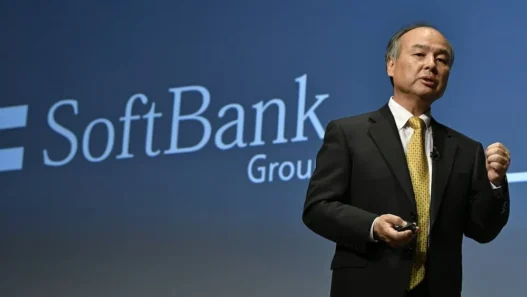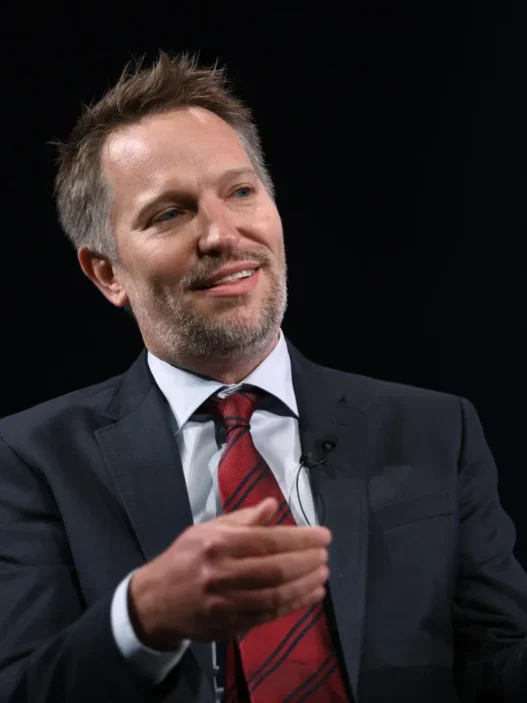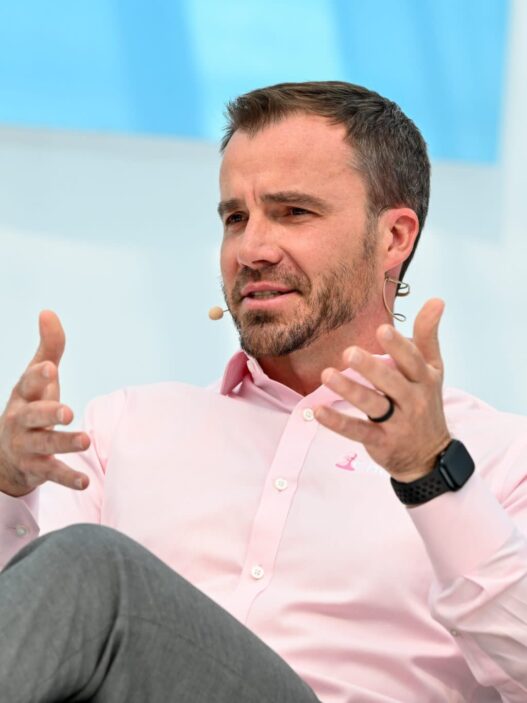McKinsey & Company, the legendary management consulting firm, has long been recognized not just for advising the world’s biggest companies, but for producing the leaders who run them. With 28 current Fortune 500 and Global 500 CEOs emerging from its ranks, McKinsey has cultivated a network of influence that stretches across boardrooms, governments, and nonprofit organizations worldwide. Yet, as artificial intelligence reshapes the business landscape, the firm faces a pivotal moment in how it trains and prepares the next generation of leaders.
Building a Global Empire of Influence
Founded in 1926, McKinsey began as a small Chicago-based consulting practice. Over nearly a century, it has grown into a global powerhouse, advising some of the largest corporations, financial institutions, and governments on strategy, operations, and transformation.
A key part of McKinsey’s influence is its talent pipeline. The firm recruits top graduates from elite universities and MBA programs, immersing them in a rigorous apprenticeship model that emphasizes problem-solving, client management, and leadership under pressure. Alumni quickly rise through the ranks, gaining exposure to multiple industries and high-stakes decisions.
This approach has paid off in boardroom dominance:
- 28 current CEOs of Fortune 500 and Global 500 companies were once McKinsey consultants.
- Alumni occupy top positions in private equity, government agencies, and international organizations.
- McKinsey-trained leaders are known for analytical rigor, operational excellence, and a global perspective, traits that make them highly sought after for CEO roles.
The firm’s influence extends beyond individual careers. Many companies adopt McKinsey frameworks, creating a self-reinforcing cycle where McKinsey alumni bring the firm’s methodologies into executive strategy.
The McKinsey Method: Training Leaders for the World
McKinsey’s approach to leadership development is methodical and immersive. Consultants learn to:
- Analyze complex problems with structured frameworks.
- Communicate effectively to executives and boards.
- Lead diverse teams across geographies and functions.
- Drive strategic change in organizations under pressure.
The firm supplements hands-on experience with formal programs, mentorship, and global rotations, creating leaders who are versatile, confident, and highly networked. For decades, this formula has worked remarkably well, feeding a steady stream of CEOs, CFOs, and other senior executives.
The AI Era: Changing the Leadership Training Playbook
Today, McKinsey faces a new challenge: artificial intelligence. As AI transforms business operations, decision-making, and strategy, the firm is rethinking how it prepares its consultants for leadership.
- Data-Driven Decision Making: AI allows firms to analyze massive datasets quickly. Leaders must understand how to leverage AI insights while maintaining strategic judgment.
- Automation of Routine Consulting Tasks: Machine learning tools can now perform analyses that once consumed weeks of human effort. McKinsey is adapting by training consultants to focus on high-value, judgment-driven work.
- Ethics and AI Governance: With AI adoption comes questions of ethics, bias, and regulation. McKinsey alumni will increasingly need to navigate these complex considerations at the executive level.
The firm is introducing AI-focused learning modules, workshops on digital transformation, and partnerships with tech companies to ensure its pipeline of leaders remains relevant.
Alumni Impact: Boardrooms, Policy, and Beyond
The McKinsey alumni network continues to shape corporate strategy, global policy, and economic thinking. Notable trends include:
- Boardroom Innovation: Alumni lead companies through digital transformations, mergers, and market expansions.
- Public Policy Influence: Former consultants advise governments and multilateral organizations on economic reform, sustainability, and international trade.
- Entrepreneurial Leadership: Many alumni launch startups or lead private equity firms, spreading McKinsey’s approach to business strategy further.
Challenges Ahead
Despite its track record, McKinsey faces scrutiny:
- Reputation and Ethics: The firm has faced criticism over past engagements in controversial industries or government contracts.
- AI Disruption: As AI changes the consulting model, alumni must adapt quickly or risk being outpaced by leaders trained in next-generation technology and analytics.
- Global Competition: Other consulting firms, tech giants, and in-house corporate academies are increasingly vying for top talent, challenging McKinsey’s dominance.
Conclusion
McKinsey’s CEO pipeline is more than a talent factory; it is a global influence machine, shaping how companies think, operate, and compete. The firm’s careful cultivation of leaders has left an indelible mark on the world’s largest corporations.
However, the rise of AI represents both a challenge and an opportunity. To maintain its position as the premier developer of executive talent, McKinsey must blend its traditional leadership training with new tools, digital fluency, and ethical guidance for a data-driven world. The next generation of McKinsey alumni could not only run companies—they could define the global business landscape in an AI-powered era.






















